
Juvenile Kestrel by Len1950 ePHOTOzine
Juvenile kestrels are heavily streaked and don't get full adult plumage until they are 2 or 3 years old. Seen a bird and not sure what it is? Try our interactive bird identifier start here How do kestrels breed? Kestrels start breeding in April or May and produce 1 brood per season.

imagesnaturally! A very amiable young Kestrel
1 / 3 How to identify Kestrels are a familiar sight, with their pointed wings and long tail, hovering beside a roadside verge. Numbers of Kestrels have declined since the 1970s, probably as a result of changes in farming, and so it is included on the Amber List.
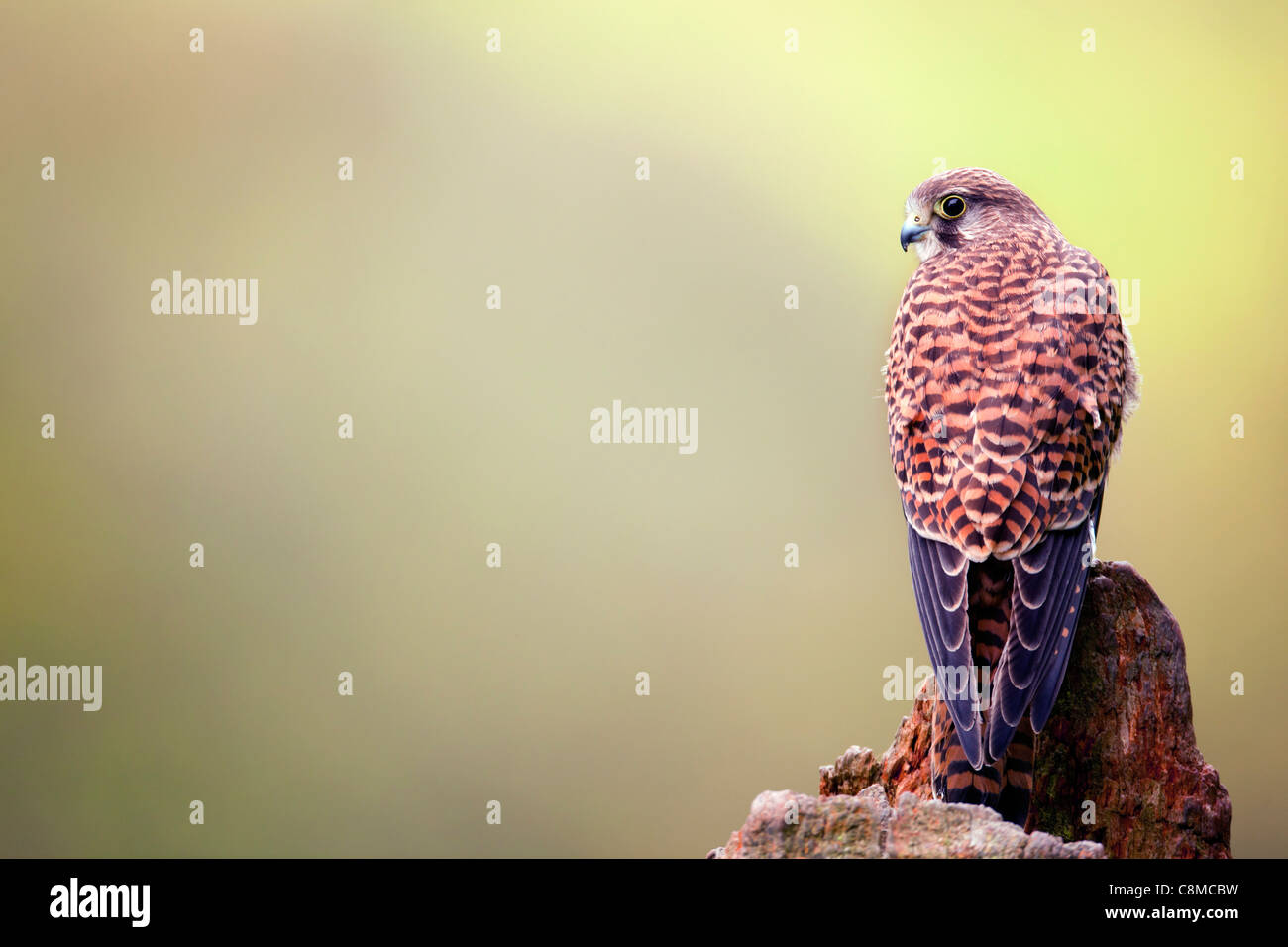
Kestrel; Falco tinnunculus; juvenile; UK Stock Photo Alamy
The common kestrel (scientific name Falco tinnunculus) is a small passerine bird of the falcon family, which breeds across Europe and parts of Asia. It is a common species in many parts of the UK but is absent from much of North Africa and the Sahel region, southern Eurasia and Australia. The kestrel name derives from Old French "cestre.

Juvenile Kestrel Gary Chalker Flickr
We watched the juvenile kestrel fidget on the broken limb of the oak tree before, with a last look over its shoulder, it launched itself into the ether and flew with reckless speed overhead.
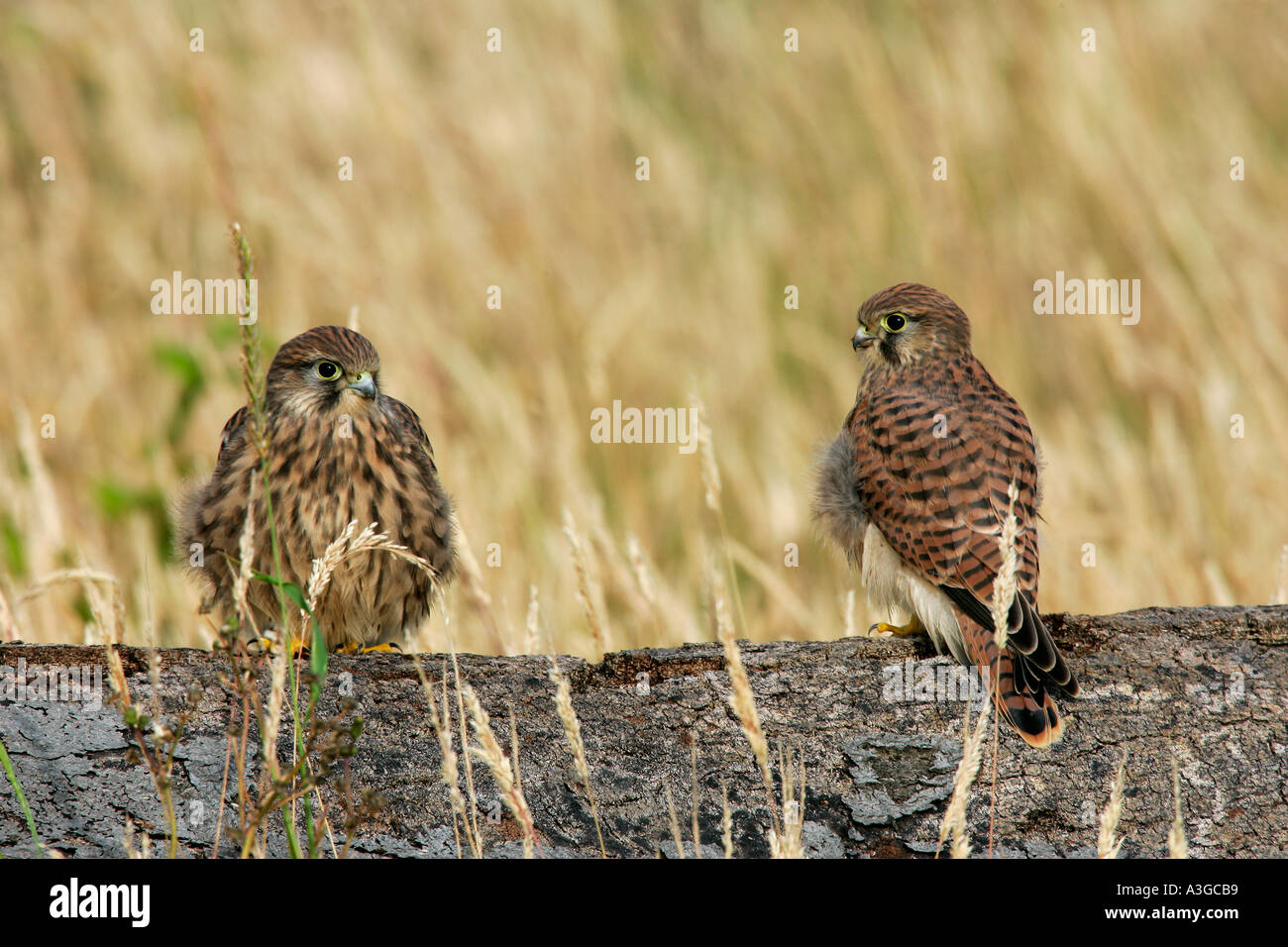
Juvenile kestrels uk hires stock photography and images Alamy
Juveniles look like adult females, but the underside streaks are wider; the yellow of their bare parts is paler. Hatchlings are covered in white down feathers, changing to a buff-grey second down coat before they grow their first true plumage. [4] F. t. tinnunculus F. t. tinnunculus F. t. tinnunculus F. t. tinnunculus at lake Neusiedl

Common kestrel Falco tinnunculus juvenile male on fence post Ibsley near Ringwood Hampshire
The kestrel is a familiar sight hovering over the side of the road, looking out for its favourite food: small mammals like field voles. It prefers open habitats like grassland, farmland and heathland, but can be seen in towns and villages.. The UK is home to a variety of birds of prey - predatory birds equipped with sharp talons and hooked.
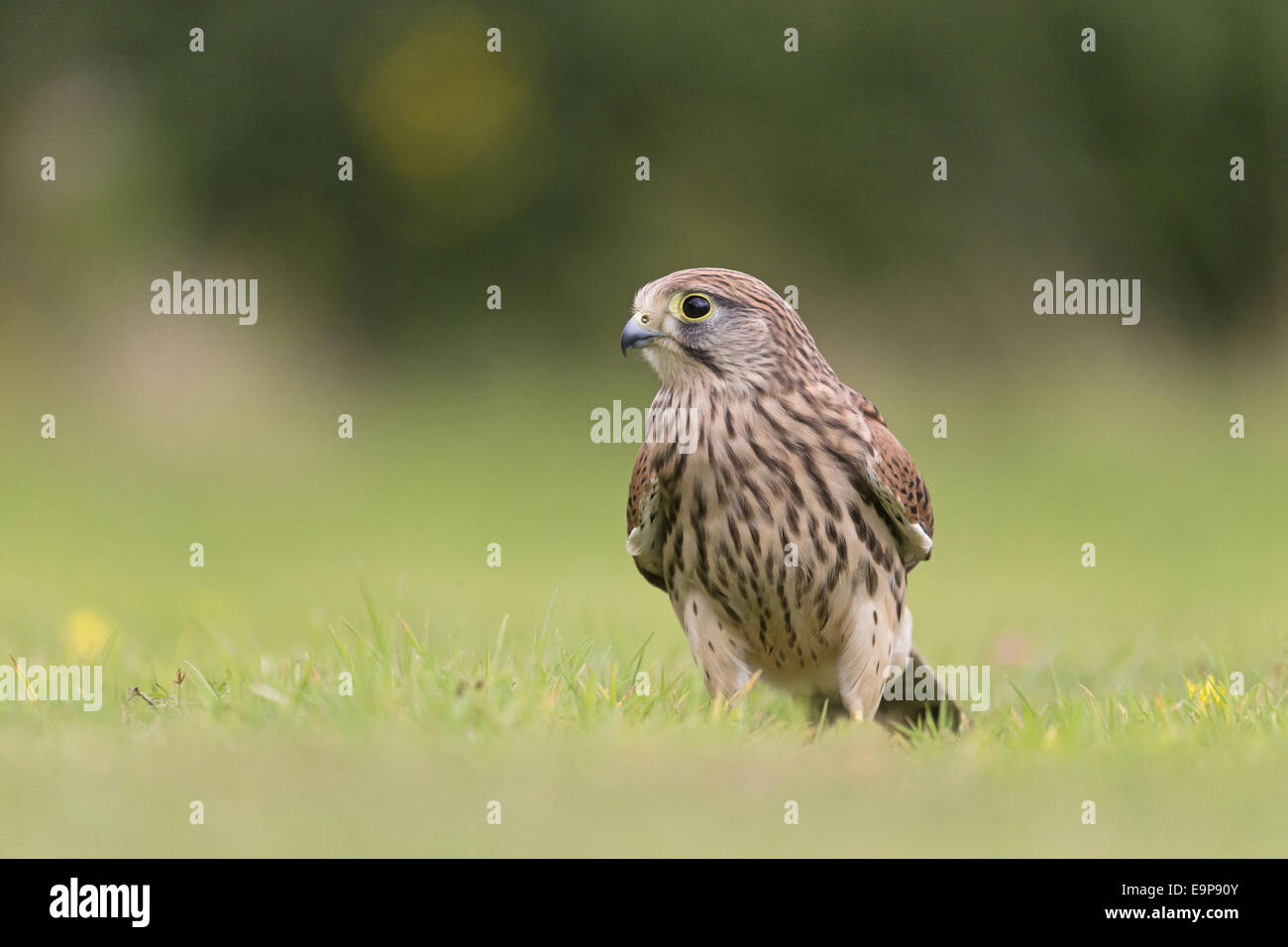
Juvenile kestrels uk hires stock photography and images Alamy
Kestrel Falco tinnunculus (Linnaeus, 1758) K. KESTR 3040 Family: Falconiformes > Falconidae This small falcon is one of our most familiar and widely-distributed birds of prey, absent only from Shetland, parts of north-west Scotland and central Wales. Kestrels prefer grassland habitats over which they can hunt for small mammals and small birds.

Juvenile kestrel uk hires stock photography and images Alamy
Juveniles are similar to adult females but have paler legs and bills, and more prominent streaking below. Male Kestrel Female Kestrel How big are Kestrels? The Kestrel is a dove-sized bird of prey with a large, broad tail and long, narrow wings. Length Kestrels measure between 27 and 35 centimetres from their bill tip to the end of their tail.

Juvenile Common Kestrel stock image. Image of female 34136795
Creative Editorial Juvenile kestrel uk Stock Photos and Images (324) See juvenile kestrel uk stock video clips Quick filters: Cut Outs | Black & white Sort by Relevant RM DJ77X7 - Kestrel; Falco tinnunculus; Juvenile; UK RM K34A95 - Juvenile female Kestrel Falco tinnunculus on falconers glove. Wales. UK
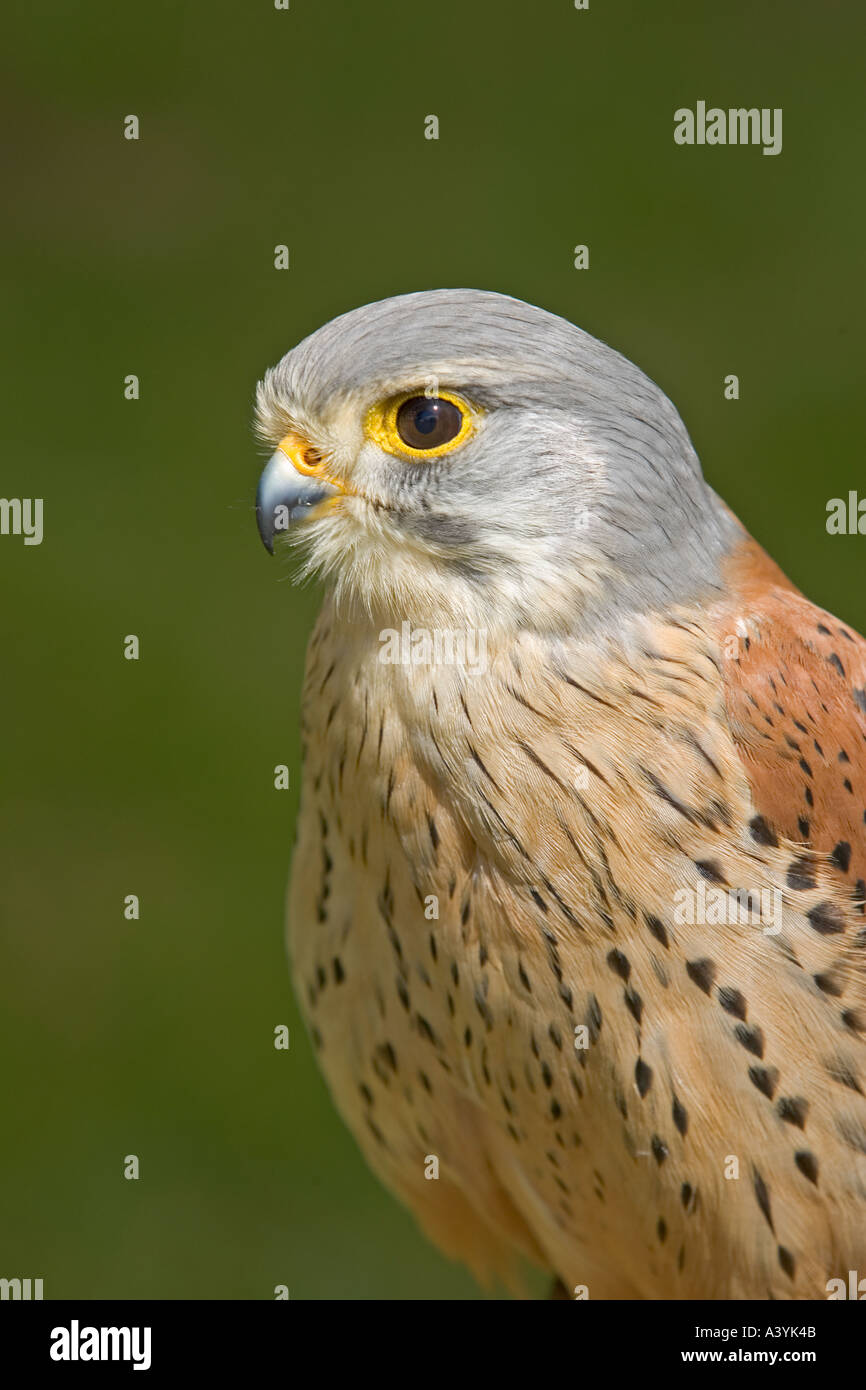
Juvenile Kestrel Uk Stock Photos & Juvenile Kestrel Uk Stock Images Alamy
The Kestrel is a small, chestnut brown bird of prey. Their hooked bill is a bluish color with yellow cere. Their legs are yellow. The male (or tercel) Kestrel has black-spotted chestnut brown upperparts and a blue-grey head and tail. Their tail has a single black bar at the tip. Underneath, the breast and belly are buff colored with black spots.
Sharpes birds Juvenile Kestrel at Canal Hide
A sudden view of an elegant falcon in summer, but is it a Hobby or Kestrel? There are various clues to help you come to the right decision, let this workshop show you how you separate these two aerial hunters. BTO bird identification videos are supported by Natureguides
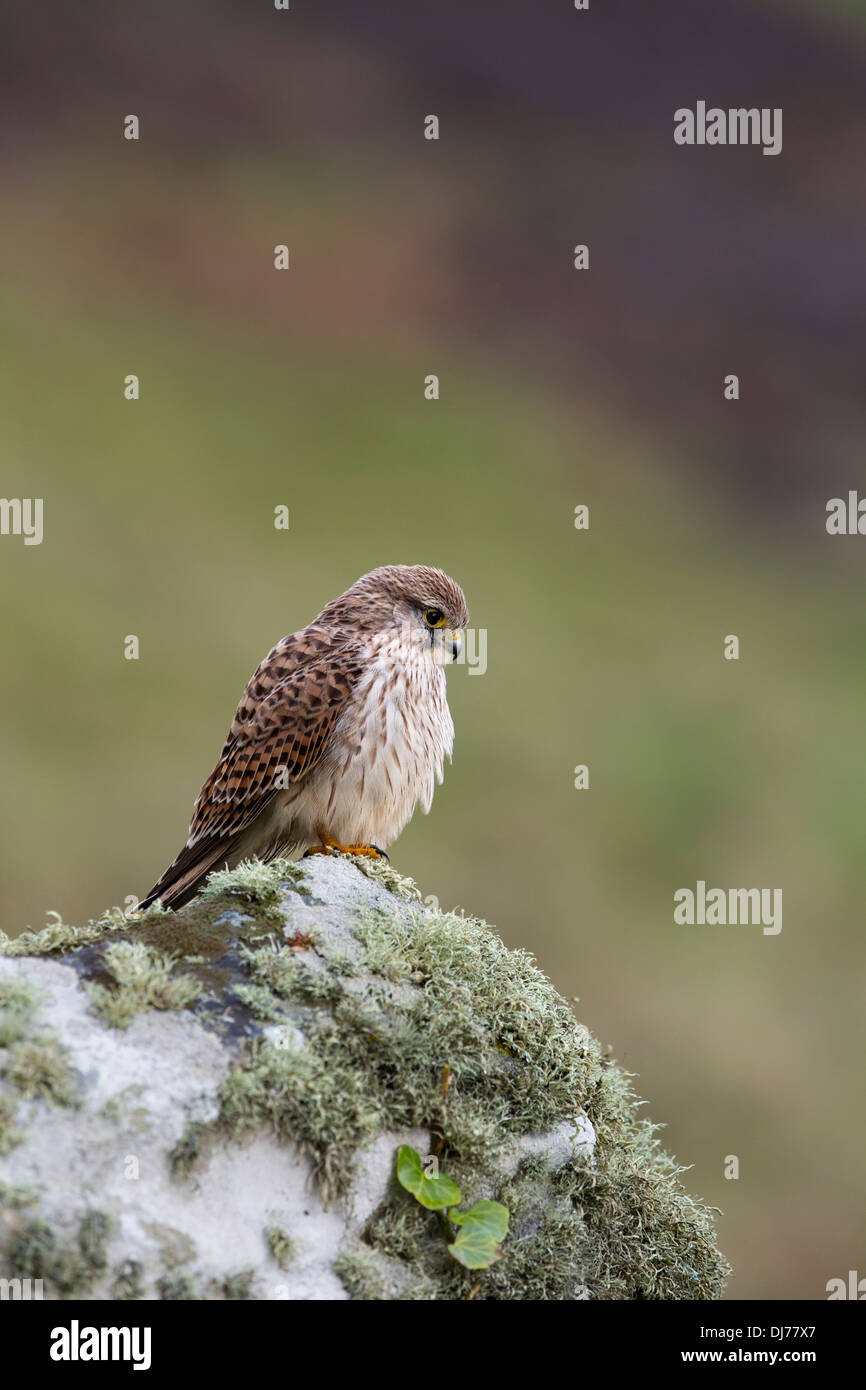
Kestrel; Falco tinnunculus; Juvenile; UK Stock Photo Alamy
Female: Like the male, but more streaked and very little grey. The Kestrel is a small, chestnut brown bird of prey that is frequently seen hovering over grassland. The hooked bill is a bluish colour with yellow cere. The legs are yellow. The male (or tercel) Kestrel has black-spotted chestnut brown upperparts, and a blue-grey head and tail.
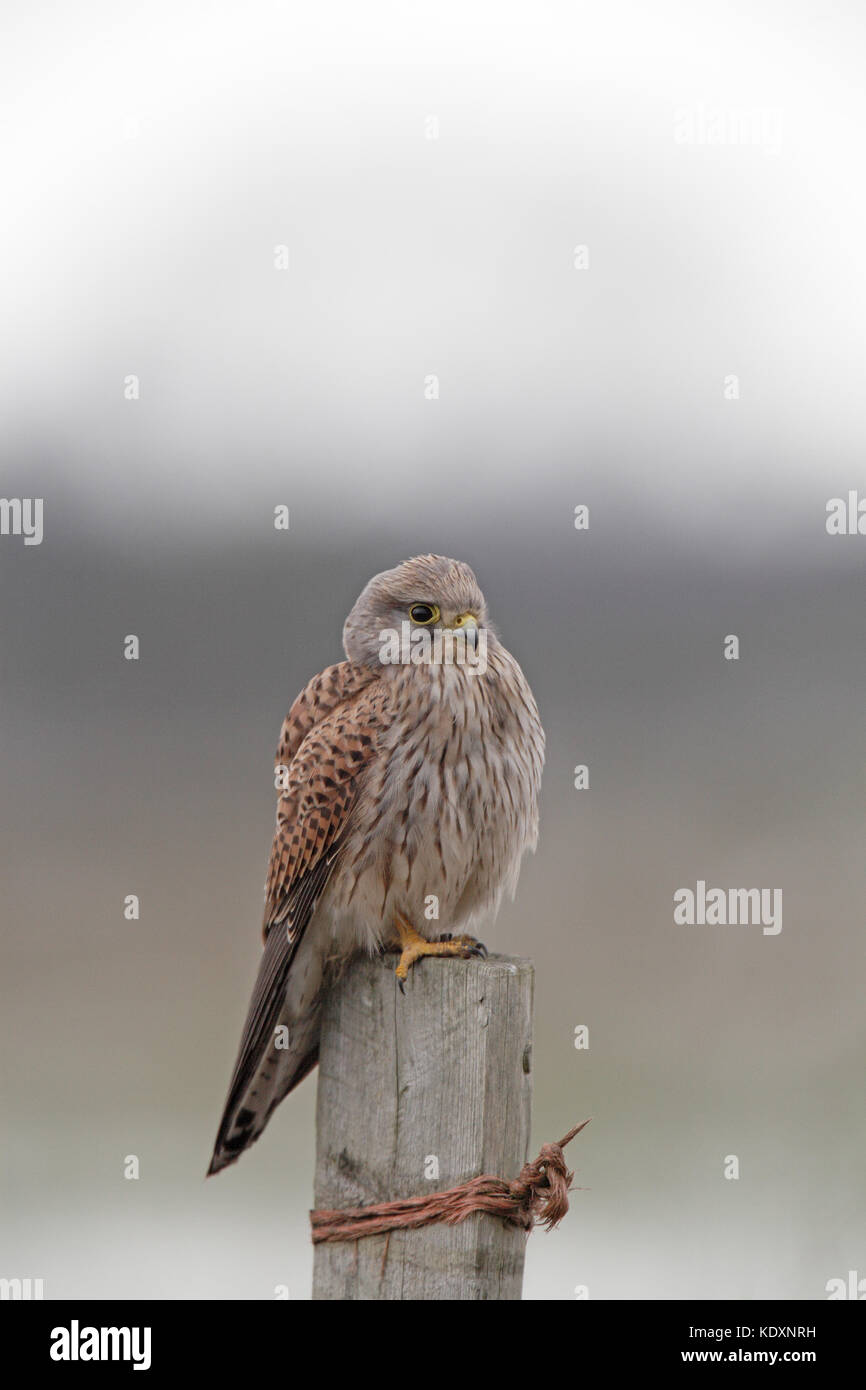
Common kestrel Falco tinnunculus juvenile male on fence post Ibsley near Ringwood Hampshire
Contents Kestrel: key facts How to recognise the kestrel The kestrel is about the size of a pigeon, but slimmer and more elegant. Its red-brown back and wings turn a black-grey at the wing tips, and then lighten at the breast and abdomen. Dark, bold spots are dotted across its body and wings.
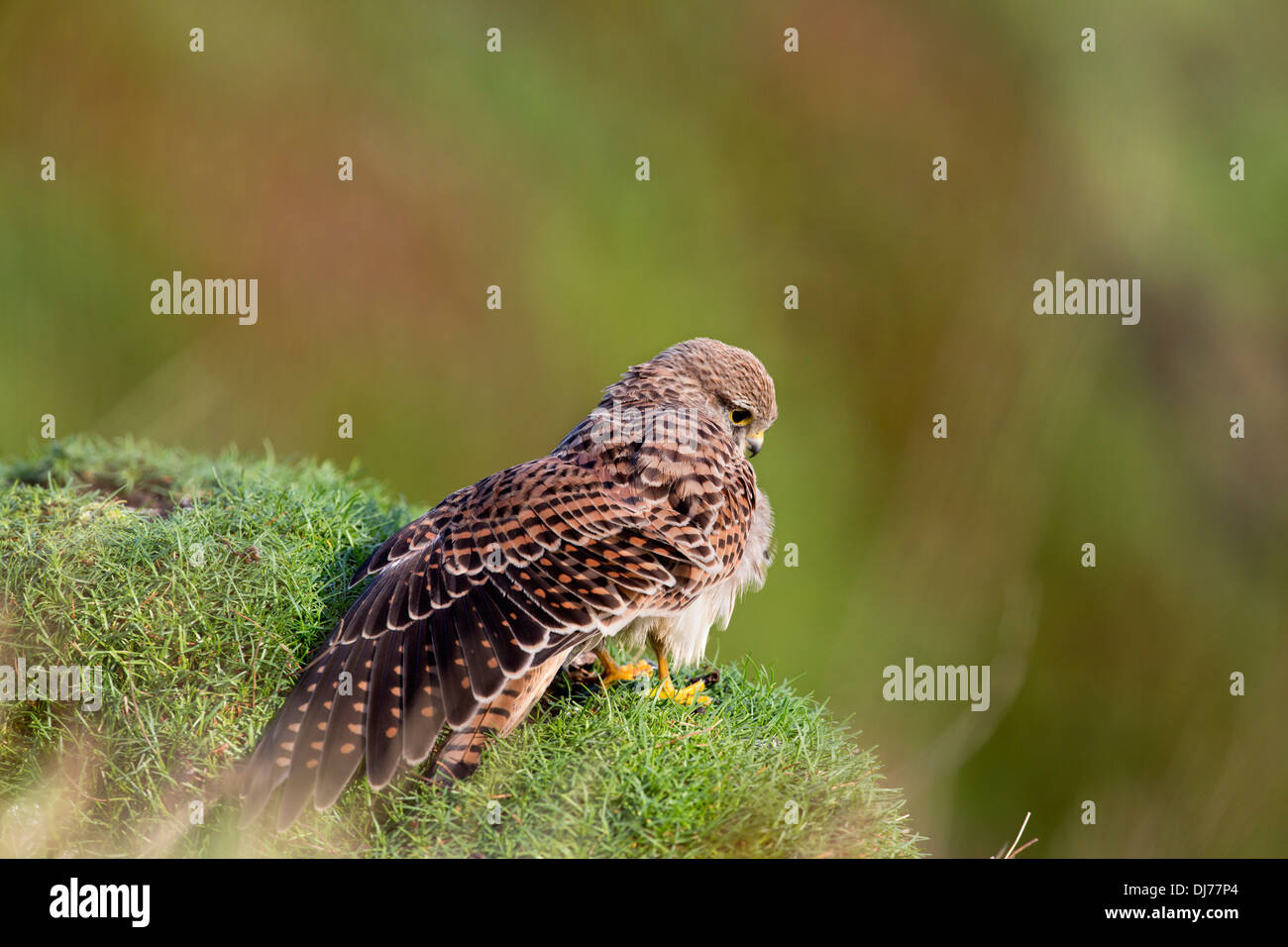
Kestrel; Falco tinnunculus; Juvenile; UK Stock Photo, Royalty Free Image 62854684 Alamy
The Lesser Kestrel was again reported in the Fraisthorpe area on the morning of 23 October, although the veracity of at least some of these reports was brought into question by images appearing online, the subject of which was suggested as a Common Kestrel. Reports from the twitch, at least early in the day, suggested the presence of more than.

Bird Guide A Comparative Field Guide
Kestrels, also known as the Eurasian, Common, and European Kestrel, are one of the UK's most common birds of prey, regularly seen hovering above roadside verges stalking small voles that form the bulk of their diet. Males are fairly distinctive, with a chestnut back, greyish-blue head, and charcoal grey tail.
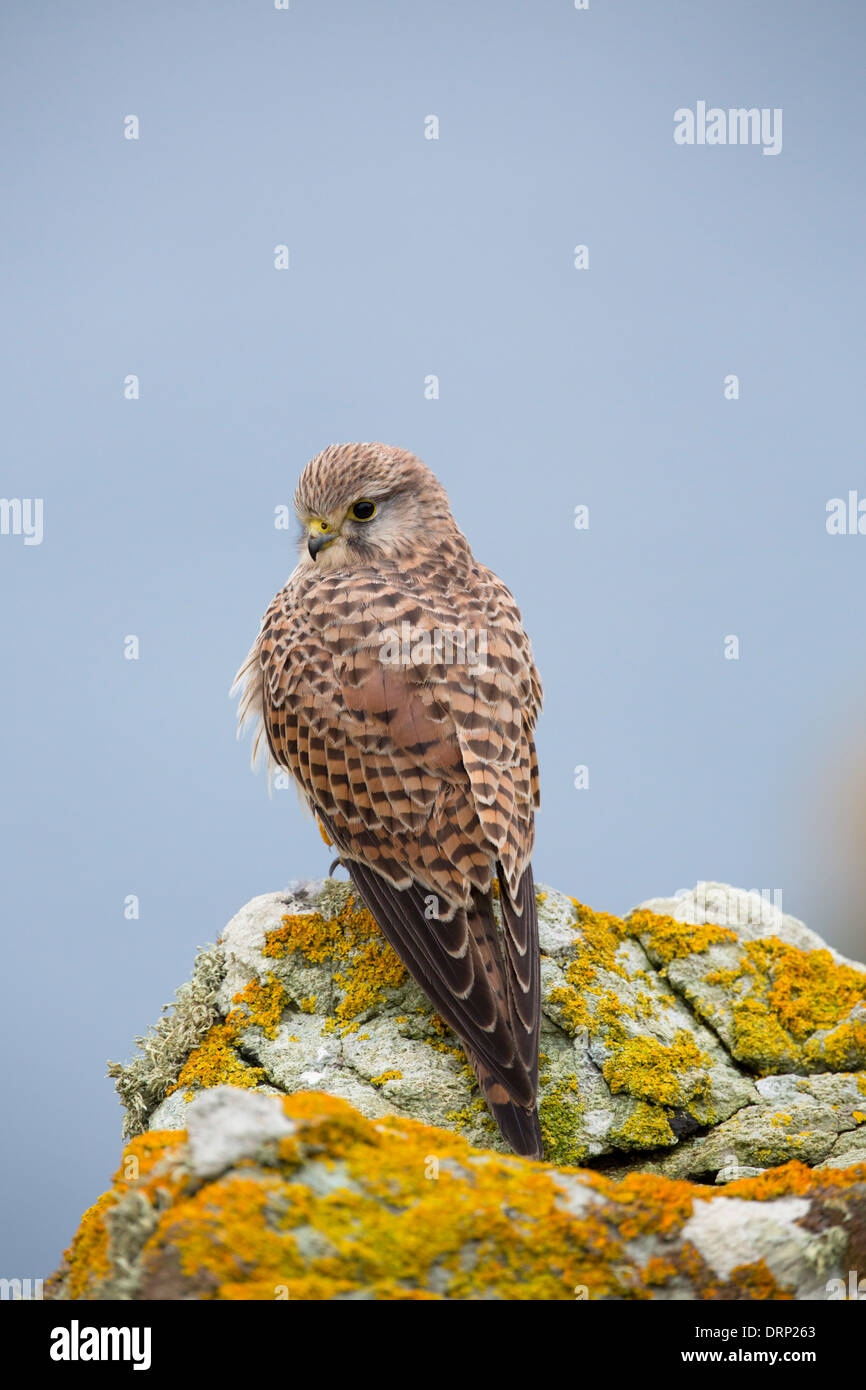
Kestrel; Falco tinnunculus; Juvenile; Male; UK Stock Photo Alamy
They'll fly with their wings in a 'V-shape' and flight from perching, or at low altitudes can seem laboured, with long, slow wing beats until they gather momentum or hit the hot air column. White.